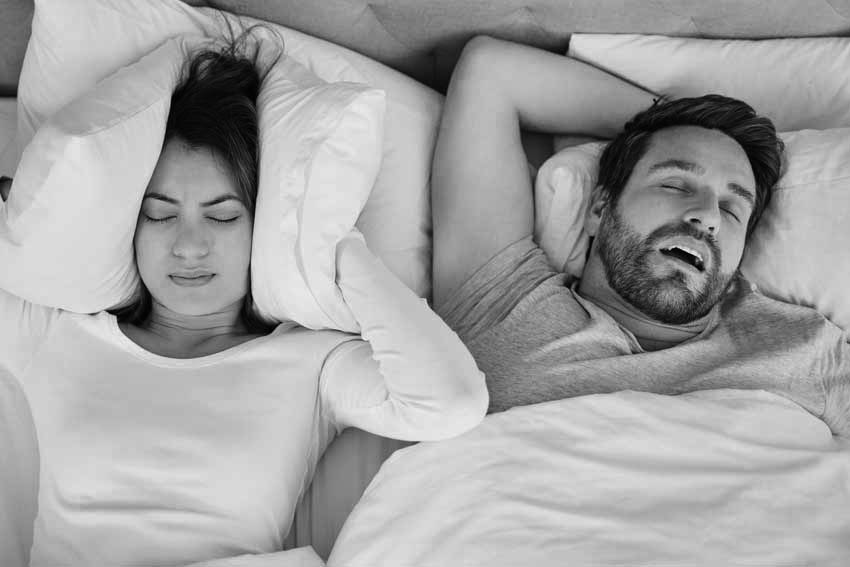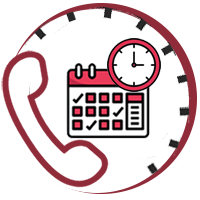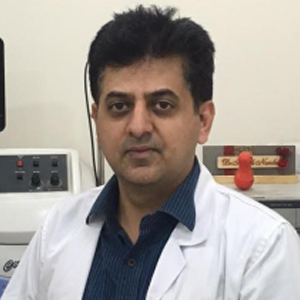
Sleep apnea can kill. The problem is that people lack awareness. Many chronic disorders like hypertension, diabetes and stroke can be precipitated or aggravated by excessive snoring and apnea. We can diagnose not only the extent but also the level of the obstruction by using a novel new technology called apneagraph.
Sleep Apnoea/ Sleep Management centre
Sleep Apnea is a sleep disorder in which breathing repeatedly stops and starts. We may have sleep apnea if we snore loudly and feel tired even after a full night’s sleep. It is a silent killer as many diseases can be a result of the sleep apnea Problems of Sleep Apnea are-
Cardiovascular problems: The more severe the sleep apnea, the greater the risk of high blood pressure. If there is an underlying heart disease, these multiple episodes of low blood oxygen or hypoxia can lead to sudden death from a cardiac event. Obstructive sleep apnea also increases the risk of stroke
Daytime fatigue: Severe daytime drowsiness, fatigue and irritability is experienced. Concentration difficulty. Falling asleep at work, while watching TV or even when driving. Irritability and feelings of depression.
Urinary and sexual function: A need to get up for urination frequently at night, and impotence.
Gastrointestinal problems: Gastroesophageal reflux disease (GERD) may be more common in people with sleep apnea.
Three types of sleep apnea:
- Obstructive sleep apnea: This type occurs when throat muscles relax.
- Central sleep apnea: This type occurs when your brain doesn’t send proper signals to the muscles that control breathing.
- Complex sleep apnea: In this type both the above mechanism play a role.
Obstructive sleep apnea
Obstructive sleep apnea occurs when the muscles in the back of throat relax. These muscles support the soft palate, the triangular piece of tissue hanging from the soft palate known as uvula, the tonsils and the tongue. The muscles relax, the airway narrows or closes as we breathe in, and breathing stops for some time. This may lower the level of oxygen in blood. Brain senses this inability to breathe and briefly rouses us from sleep so that we can reopen airway. This awakening is usually so brief that we don’t remember it. We can awaken with a transient shortness of breath that corrects itself quickly, within one or two deep breaths, although it is rare. We may make a snorting, choking or gasping sound. This pattern can repeat itself 10 to 40 times or more in an hour, during the whole night. These disturbances decrease the levels of necessary deep sleep, restful phases of sleep. Because of this there is sleepy feeling during day time. People may not be aware that their sleep is interrupted. In fact, many people with this type of sleep apnea think they sleep well during night.




